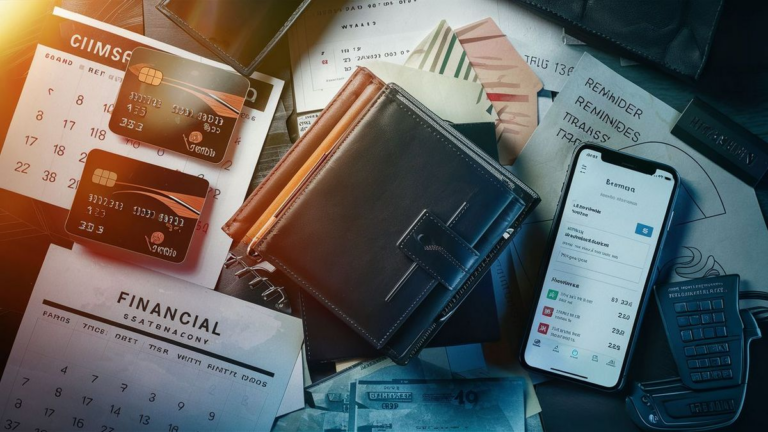When a credit card expires, it triggers a series of events that can affect both the cardholder and the issuing financial institution. Understanding these implications is crucial for maintaining financial health and managing your accounts effectively.
Expiration Process Overview
Before delving into the consequences, let’s first grasp the process of credit card expiration. Typically, credit cards come with an expiration date printed on the front. This date signifies the month and year until which the card is valid. Once this date passes, the card becomes invalid for transactions.
Consequences for Cardholders
For cardholders, the expiration of a credit card can lead to inconvenience and potential financial risks:
- Card Declines: Attempting to use an expired card for purchases or transactions will result in automatic declines.
- Disruption of Recurring Payments: If you have set up automatic payments using the expired card, those payments may fail, leading to service interruptions or late fees.
- Replacement Process: Cardholders must proactively request a new card from their issuer, which may involve updating personal information and waiting for the new card to arrive.
- Security Concerns: Using an expired card for transactions could expose sensitive financial information and increase the risk of fraud or identity theft.
Impact on Financial Institutions
Financial institutions also face certain implications when credit cards expire:
- Issuance of Replacement Cards: Upon card expiration, banks and credit card companies must issue new cards to their customers, incurring administrative costs.
- Customer Service Load: Handling inquiries and requests related to expired cards can increase the workload for customer service representatives.
- Risk Management: Expired cards may pose risks to the institution’s security and reputation, necessitating robust fraud detection and prevention measures.
Managing Expiration Effectively
To mitigate the consequences of credit card expiration, both cardholders and financial institutions can take proactive measures:
- Stay Informed: Cardholders should keep track of their card expiration dates and be proactive in requesting replacements before the current card expires.
- Update Payment Information: Ensure that any recurring payments or subscriptions are updated with the new card information to avoid service disruptions.
- Monitor Transactions: Regularly review credit card statements for any unauthorized charges or suspicious activity, reporting them promptly to the issuer.
- Enhance Security: Financial institutions should invest in advanced security measures to protect both expired and active cards from fraud.
By understanding the implications of credit card expiration and taking appropriate actions, both cardholders and financial institutions can navigate this process smoothly, minimizing disruptions and safeguarding financial assets.
equently Asked Questions
Here are some common queries related to credit card expiration:
| Question | Answer |
|---|---|
| 1. What should I do if my credit card is about to expire? | It’s essential to proactively request a replacement card from your issuer before the expiration date. Most issuers will automatically send you a new card, but it’s wise to check and ensure your information is up-to-date. |
| 2. Will my automatic payments be affected by credit card expiration? | Yes, if you have set up automatic payments using your credit card, they may fail once the card expires. Ensure you update your payment information with the new card details to avoid any service interruptions or late fees. |
| 3. How long does it take to receive a replacement credit card? | The time it takes to receive a replacement card varies depending on your issuer and location. Typically, it can take anywhere from 7 to 10 business days, but some issuers offer expedited shipping for an additional fee. |
| 4. Can I still use my credit card after it expires? | No, once your credit card expires, it becomes invalid for transactions. Attempting to use an expired card will result in automatic declines. |
Best Practices for Cardholders
Aside from understanding the consequences, here are some best practices for cardholders:
- Regularly Check Expiry Dates: Keep track of the expiration dates of your credit cards and set reminders to request replacements in advance.
- Update Contact Information: Ensure your contact details with the issuer are current, so you receive notifications and replacement cards promptly.
- Monitor Credit Reports: Regularly monitor your credit report for any unauthorized activity, which could indicate potential fraud or identity theft.
See also:






